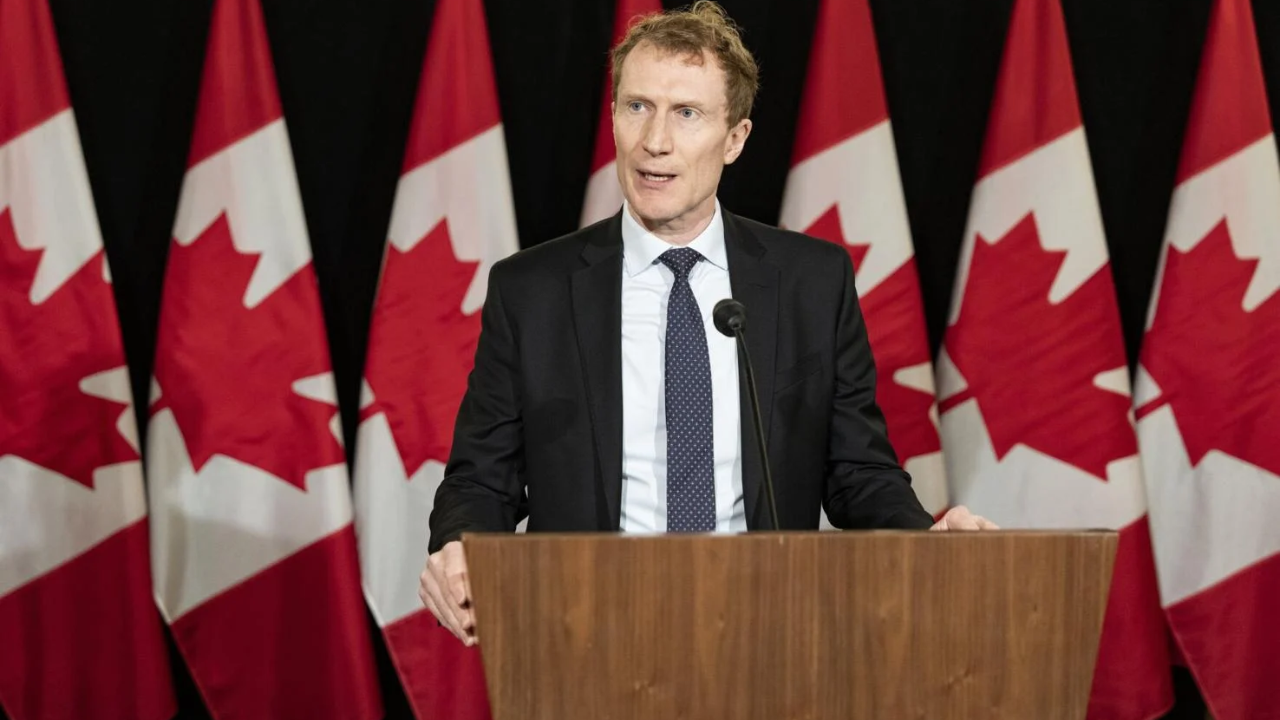

Immigration Minister Marc Miller is implementing new measures to limit the increase of international students in Canada. (The Canadian Press File Photo)
In a significant move to strengthen its international student program, the Canadian government plans to stop processing study permits for students at colleges and universities that fail to monitor student attendance. This initiative aims to ensure that educational institutions maintain proper oversight of international students and comply with government regulations.
Immigration Minister Marc Miller announced these proposed regulations as part of ongoing efforts to restore confidence in Canada’s international student framework. Schools will now be required to report to the federal Immigration Department on whether students are attending classes and meeting their study permit conditions. This is a critical step toward maintaining the integrity of the program.
As outlined in a recent notice in the Canada Gazette, students wishing to change schools will need to apply for a new study permit each time. This requirement emphasizes the government's focus on keeping track of international students throughout their educational journey. However, the federal government is navigating a delicate balance since education is primarily managed by the provinces.
While Ottawa is responsible for issuing study permits, it relies on provinces to designate which institutions can accept international students. This dual responsibility has made it challenging for the federal government to ensure compliance once students are in Canada. Many times, officials are left in the dark about whether students are actually enrolled in the schools listed on their permits.
The proposed changes aim to address these challenges. According to government officials, these regulatory updates will help Immigration, Refugees and Citizenship Canada (IRCC) combat integrity issues and unethical behaviors that could harm the international student program's reputation.
In 2023, Canada welcomed over one million international students, a dramatic increase from about 352,305 in 2015. This rapid growth has drawn scrutiny, particularly amid aggressive recruitment tactics by some educational institutions and unregulated foreign agents. For many migrants, studying in Canada is viewed as a pathway to work and permanent residency.
This situation has led to international students being blamed for various societal issues, such as the housing crisis and healthcare shortages. To address these concerns, Minister Miller has proposed a two-year cap on new study permits.
The government is also introducing a "trusted institution framework" this fall. This system aims to quickly process permits for reputable schools while ensuring that only genuine colleges and universities remain eligible for student permits. Schools will have 10 days to confirm a student's acceptance and 60 days to submit a compliance report detailing each student's enrollment status.
The immigration department will have the authority to conduct random checks if there are concerns about non-compliance. Schools that fail to meet the requirements may be placed on a suspension list for up to 12 months, during which time all study permit applications from that institution will be rejected.
While the government claims that these changes come from extensive consultations, the response from provincial leaders has been mixed. Concerns have been raised about the federal government potentially overstepping its bounds into provincial education matters.
The estimated cost of implementing these regulations is around $87 million over the next decade, which includes expenses for the government, educational institutions, and study permit holders wishing to transfer schools. Additionally, the government plans to increase the maximum weekly work hours for international students from 20 to 24 to help them manage rising living costs.
The public has until July 29 to provide feedback on these proposed changes, marking a crucial moment for the future of international education in Canada.
Having an 'Identity Verified' badge or being 'Identity Verified' simply indicates that an individual has submitted information to complete our identity verification process or we have conducted internal verification using various authorized websites. While this process includes safeguards, it does not guarantee that the person is who they claim to be.
If you encounter any issues with this profile, please report them here. While all consultants who are verified have RCIC ID, we may not have the latest data in terms of their renewal/cancellation/discontinuation of their RCIC ID.
The "Verified Consultants" profiles are created using publicly available information, including data from the IRCC website, official consultant sites, other listing platforms, and social media. Immiperts.com is an independent platform, not affiliated with IRCC or any registered immigration consultants. To update, claim, or remove your profile, please contact us at [email protected].
╳